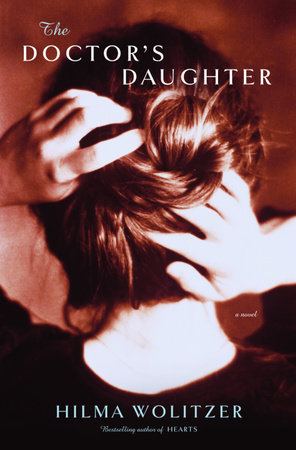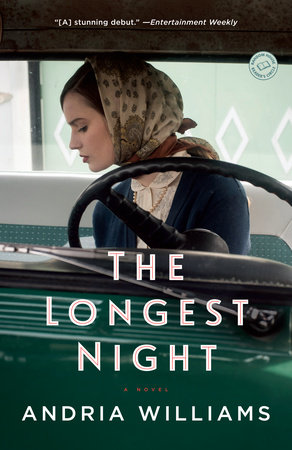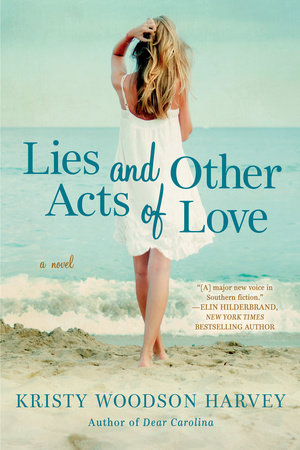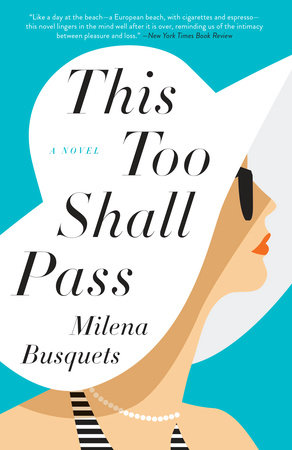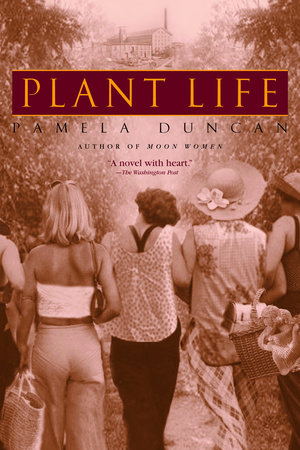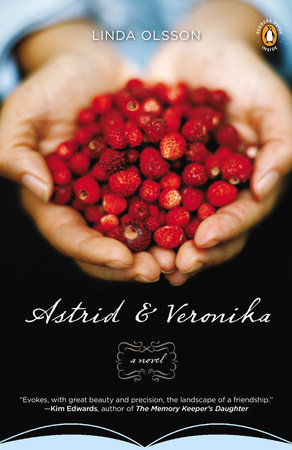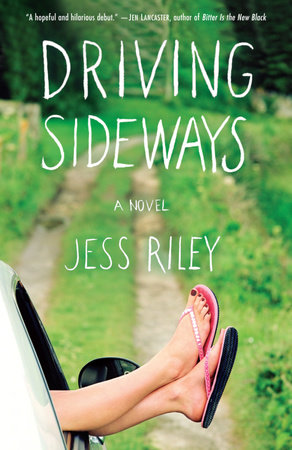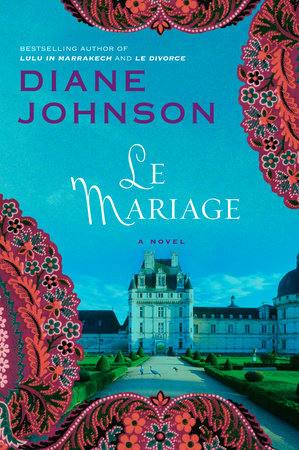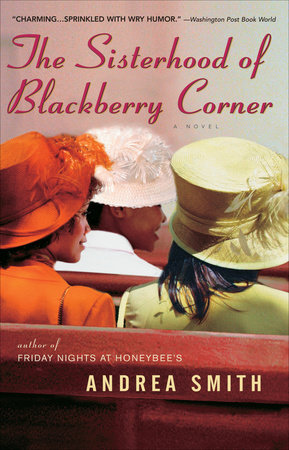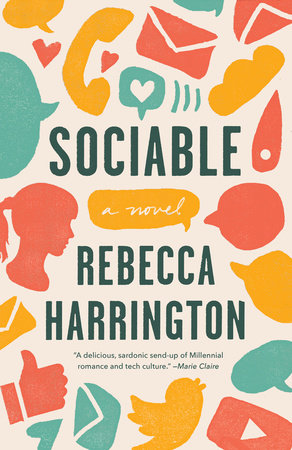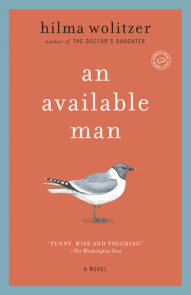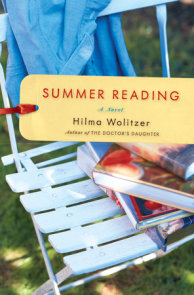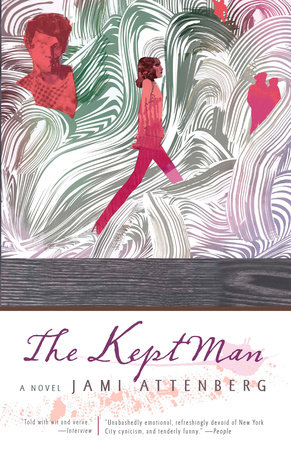Author Q&A
A Talk with Hilma Wolitzer
First off, why more than a decade between novels?
I could say that life got in the way, but that would only be partly true and also kind of whiny. I’ve written prolifically at other times when I was just as busy or stressed; most writers do. Whenever people asked why I wasn’t writing, I’d say that I was blocked, which always sounded more like a plumbing problem to me than a creative one. Maybe I just had nothing to say, or maybe I actually was working all that time, on some subterranean level, because when I finally started writing The Doctor’s Daughter, it came pretty quickly. The whole process is still pretty much of a mystery, though; I just feel very lucky when it happens.
What drew you to tell this particular story?
My novels are always character-driven, so as usual, the main character began living in my head and telling me her personal story. But I also felt compelled, at this later stage in my own life, to write about women (and men, too) coming into middle age wondering if they’ve made the right choices, in love and in work, and if there’s still enough time to make new ones. It’s such a crucial juncture, and you seem to arrive there so suddenly. I mean, one day you’re a young, vital, sexy, and optimistic person, and the next day a copy of “Modern Maturity” and those ads for long-term care insurance arrive in the mail. As one of the characters in The Doctor’s Daughter says, about her friend’s so-called midlife crisis, “Why not? This is the crossroads, kiddo, when you’re looking back at all the mistakes you made, and ahead, well, ahead to old age and death.”
Your protagonist Alice Brill is the daughter of a doctor and is herself a “book doctor.” What is it about the word “doctor” that defines Alice’s life?
The opening of the Hippocratic Oath: “First, do no harm” is at the heart of Alice’s story, because she feels so guilty about something she’s done, a violation of a promise she made as a child. And her father was a famous surgeon, so the family’s life revolved around him. Other doctors, especially therapists (both good and bad), play an important part in Alice’s odyssey. Because of that exposure to the medical world, she and her best friend, another doctor’s daughter, consider themselves “informed hypochondriacs.” Alice doesn’t become a physician, or marry one, as her father had hoped. But as a book doctor (or freelance editor), she’s in another “helping” profession, even though she sometimes feels as if she’s practicing without a license.
Alice faces obstacles that will resonate with many baby boomers as they start to enter the latter half of their lives–the loss of one’s parents, a marriage on auto-pilot, grown children who have yet to become “adults,” etc. Yet, the story is specific to Alice down to the tiniest details. How does the telling of one story illuminate themes that speak to all of us?
I think the shock of recognition–a sense of emotional truth–is what makes any novel work. The ones I love to read have unique characters whose concerns are distinctly their own, yet are universal at the same time, so that I might be moved to think: Why, I feel that way, too. It’s similar to the empathy that sparks deep friendships and love affairs in the real world. The reader/writer relationship requires access to the characters’ inner lives as well as to their actions.
(over)
The Boston Globe once said of your work, “Wolitzer makes art of ordinary life.” Is that your goal when you sit down to write? Or do you simply try to tell a story?
I have no other goal than to tell a good story, one that I might like to read myself. The thing is that “ordinary life” often seems extraordinary to me. As the British writer Henry Green once said, “If it happens, it matters.”
Is THE DOCTOR’S DAUGHTER autobiographical?
No, Alice’s story is a total invention. I wasn’t a doctor’s daughter, and I wasn’t a petted only child growing up in suburban privilege. I was the middle one of three daughters sharing a bedroom in a working-class household in Brooklyn. And The Doctor’s Daughter doesn’t reflect on my husband and children, who, like most writers’ families, are often the objects of curious scrutiny. But some of the observations in the book do come from my own life. I live on the upper East Side of Manhattan now, and both of my parents became senile in old age, so the descriptions of Alice’s neighborhood and of the nursing home where her father ends up are first-hand. The writing workshop scenes are loosely based on my teaching experience, and I guess my own sensibility and world view pervade the whole novel. Didn’t I just say that it wasn’t autobiographical?
The institution of marriage and all that entails–passion, partnership, support–gets tested in THE DOCTOR’S DAUGHTER. What is it about Alice and Everett’s marriage that keep us emotionally invested in their lives and their future together?
I hope that readers will care about Alice and Ev because they identify with them and like them, and because their precarious marriage seems real, even familiar. The writer has to feel that way, too, though; you can’t expect anyone else to care about your characters if you don’t. But a happy or unhappy ending can’t just be tacked on by an omniscient writer. It has to evolve naturally from the story, to be earned by what precedes it. So I didn’t really know the fate of Alice and Ev’s marriage until I wrote the book. You could say that I keep writing for the same reason I keep reading–to find out what happens.
Your daughter, Meg Wolitzer, is a successful novelist. How does it feel to have another writer in the family?
It feels very good. But there are actually two other writers in the family. Meg’s husband, Richard Panek, is a journalist, so we’re a kind of cottage industry. I love all of my kids, but the writing adds another dimension to my relationship with Meg, who’s smart and funny and generous. We talk about work a lot and show each other pages, for criticism and support. E-mail and the telephone have replaced the umbilical cord.
What’s next for Hilma Wolitzer?
Definitely not another long stretch between novels; I just can’t afford to indulge myself that way anymore. In fact, I’ve already started writing the next book. There are three main characters this time–three women from different social classes–whose lives and stories collide, so my head is pretty crowded. This is solitary work, but it’s never really lonely.
